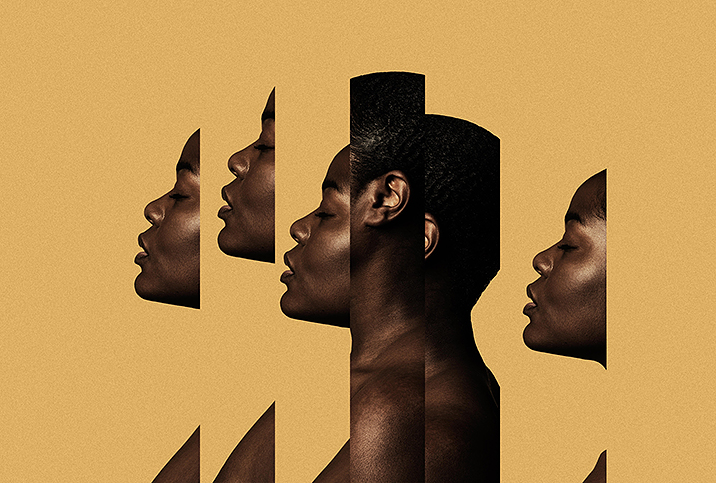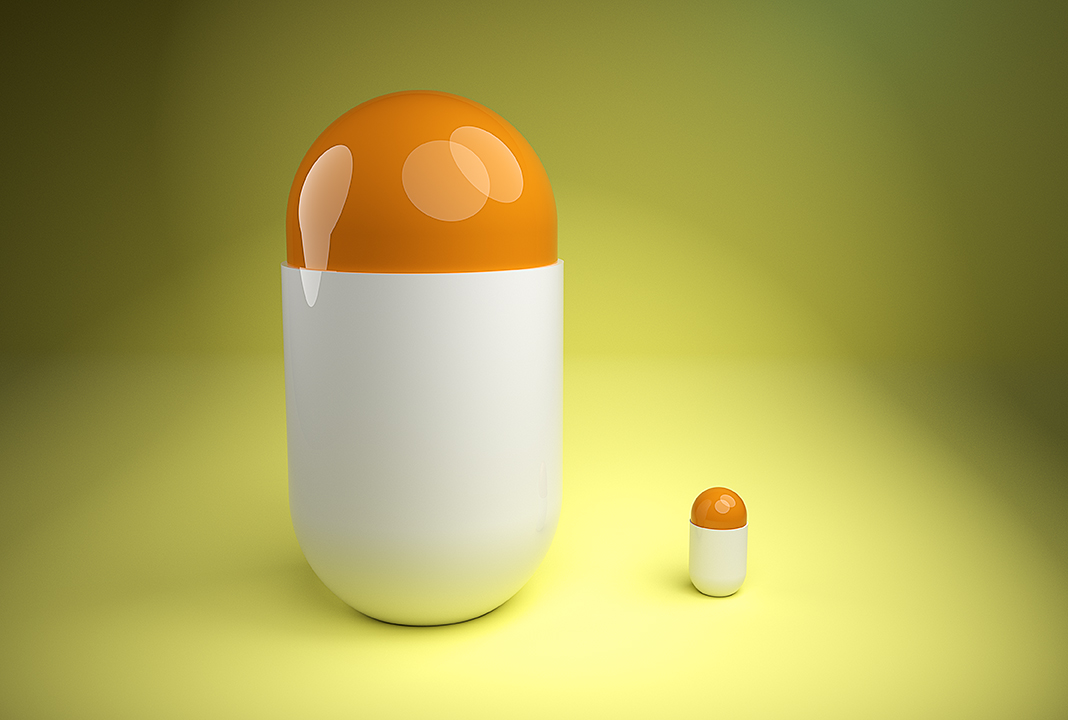Is ADHD Affecting Your Relationship?

Attention deficit hyperactivity disorder (ADHD) doesn't only affect kids. Fortunately, though, adults with ADHD can develop strategies to prevent their diagnosis from negatively affecting their romantic relationships.
Navigating the early stages of a relationship
ADHD gets a bad rap, but not all symptoms of the disorder are inherently an issue. Dating someone with attention deficit hyperactivity disorder can bring a heightened level of energy and vibrancy to your life because the disorder typically manifests as impulsivity and intensified emotions, which can translate to events that are spontaneous, passionate and exciting.
However, a person with ADHD may find themselves jumping headfirst into a relationship before allowing enough time to build trust and really get to know the other person. Additionally, sitting back to listen and engage in balanced give-and-take discussions can be challenging for someone with ADHD: It takes conscious restraint to show interest without giving too much too soon.
When you're dating a person with attention deficit hyperactivity disorder, it's not always easy to tell where you stand. One week they want to spend every moment together, and the next they're wrapped up in a project or distraction that causes them to disappear for days at a time. They may forget to show up, lose their phone or unintentionally appear disinterested.
As these issues arise, both partners should openly discuss their intentions to prevent mixed signals.
Getting serious about love with ADHD
The need for collaboration and understanding is magnified when you take steps to combine finances, share a living space and raise children (or pets) together. Added responsibilities and reliance on each other can put a spotlight on issues associated with ADHD.
Learning constructive ways to work as a team is crucial before moving forward in any relationship.
Play to each other's strengths
To combat the downsides of attention deficit hyperactivity disorder (or any other challenge in a relationship), look for ways to balance each other out. It's not unusual for partners to take on designated roles in a relationship. For example, one person may be better at staying on top of the bills, while the other is always game to run out on a last-minute errand. As long as there's a fair allocation of responsibilities, each person should focus on what they do best.
Of course, no one wants to be left with all the boring or complex tasks. However, there's no reason a person with ADHD should rely solely on their partner to maintain their schedule and manage their life. Treatment for ADHD may include couples counseling, cognitive behavioral therapy, stress management, physical activity and medication.
Schedule distraction-free moments to connect
People with attention deficit hyperactivity disorder get distracted easily. Even if you know your partner doesn't intentionally do this, you may feel unloved if they interrupt you, forget specific details or get off task when you're supposed to be spending quality time together.
To prevent these common issues, change factors in your environment. Create a shared calendar that notes important dates with reminders. Agree to turn your cell phones on silent when you're watching TV together or sharing a meal, or even leave the phones in another room. Both you and your partner can benefit from preventing the unintended hurt that stems from everyday distractions.
Practice empathy with your partner
There are two sides to every story. If you have ADHD, it can feel like others are constantly nagging or trying to micromanage your behavior. On the other hand, it's easy to become frustrated when your significant other forgets to follow through on responsibilities or seems distracted from your relationship. The negative aspects of these dynamics can build resentment over time, causing harmful rifts.
To combat potential issues, make an effort to empathize with your partner. Always maintain a baseline level of respect and appreciation for your loved one—remember why you wanted to be with them in the first place. With patience and communication, it's possible to enjoy a functional and fulfilling relationship, regardless of ADHD.


















